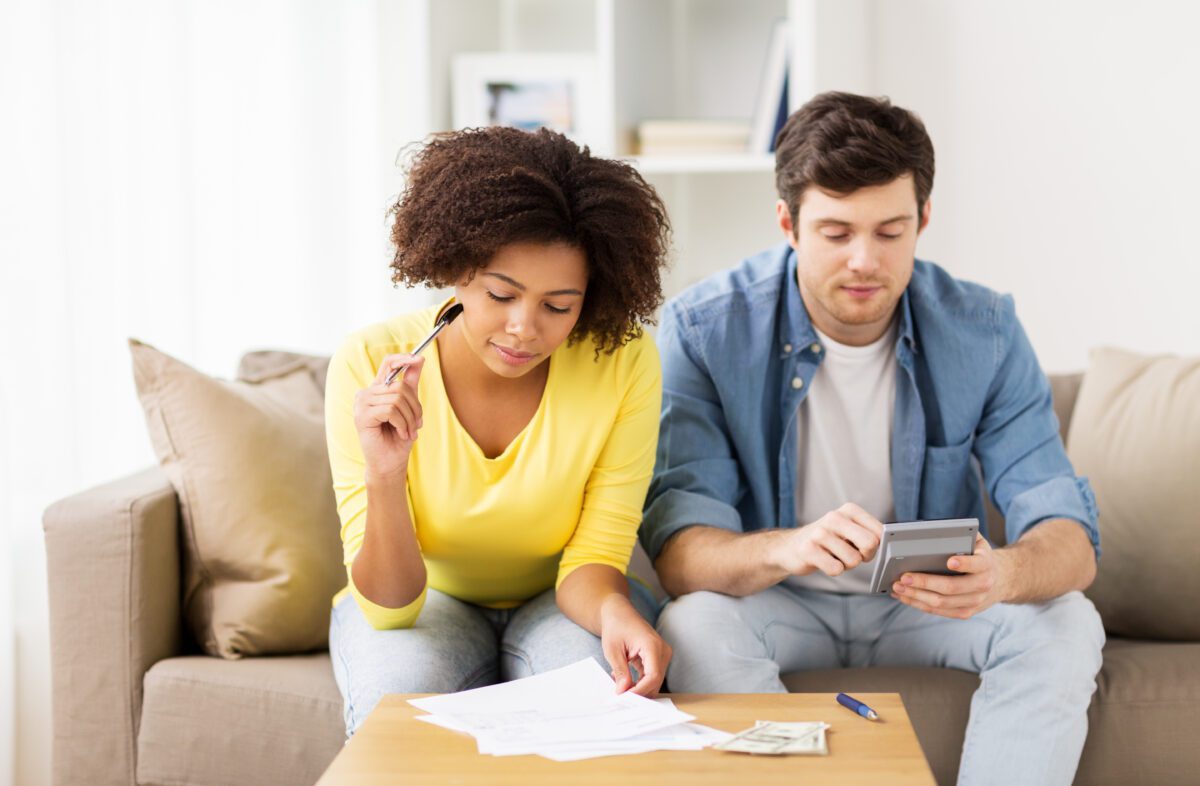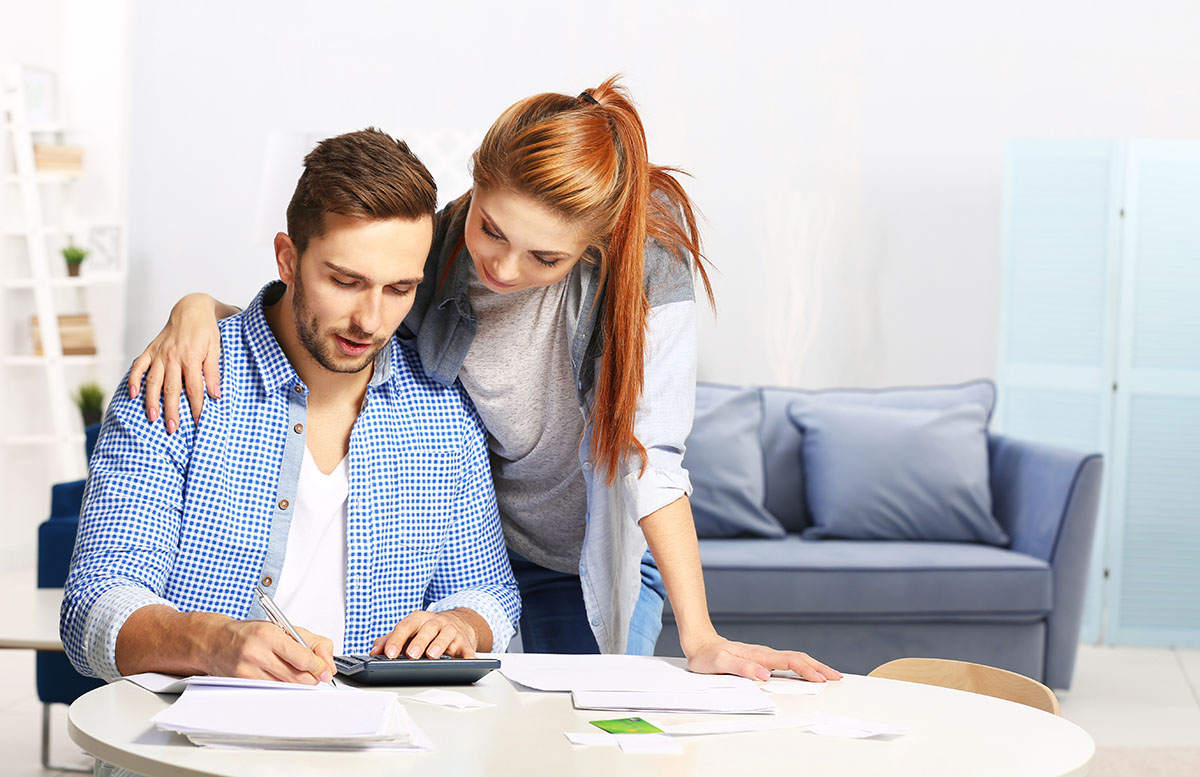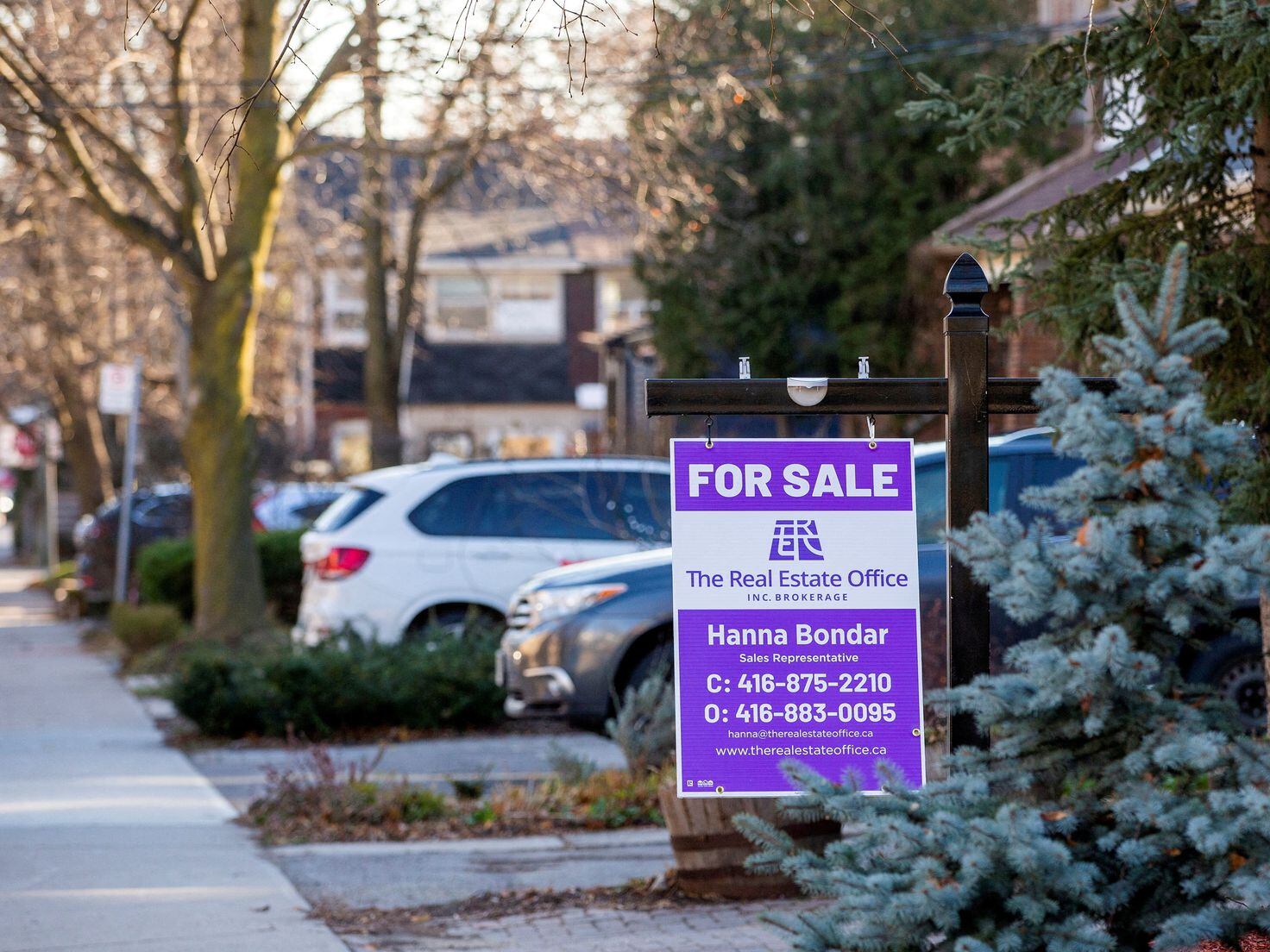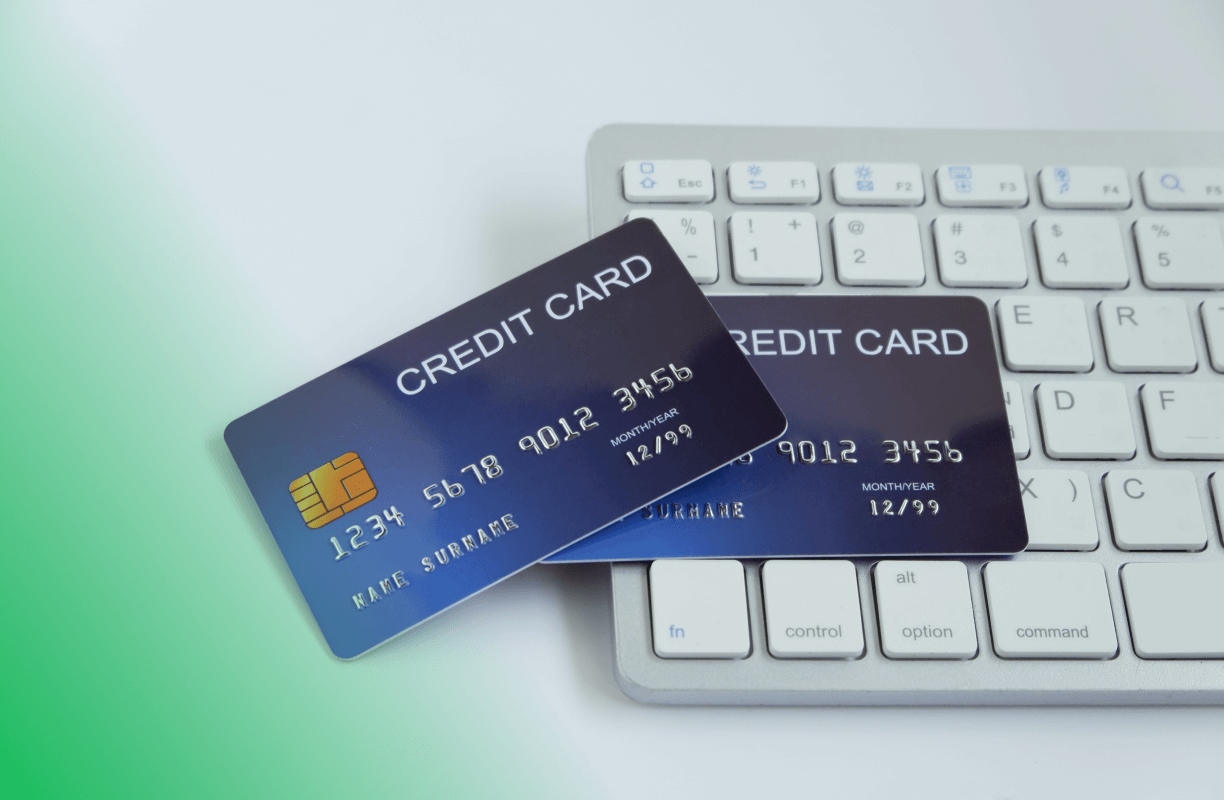Home>Finance>Do You Still Have A Grace Period When Paying Mortgage In Chapter 13?


Finance
Do You Still Have A Grace Period When Paying Mortgage In Chapter 13?
Published: February 20, 2024
Learn about the grace period for paying mortgage in Chapter 13 bankruptcy. Understand the financial implications and options available. #Finance
(Many of the links in this article redirect to a specific reviewed product. Your purchase of these products through affiliate links helps to generate commission for LiveWell, at no extra cost. Learn more)
Table of Contents
Introduction
Entering into Chapter 13 bankruptcy can be a daunting and complex process. It involves creating a plan to repay all or part of your debts over a period of three to five years. One of the most pressing concerns for individuals undergoing Chapter 13 bankruptcy is the ability to maintain essential payments, such as their mortgage. The fear of losing their home can weigh heavily on individuals navigating this challenging financial terrain.
In this article, we will delve into the intricacies of Chapter 13 bankruptcy and explore the specific considerations surrounding mortgage payments within this framework. Additionally, we will address a crucial aspect of mortgage payments in Chapter 13 bankruptcy: the presence or absence of a grace period. Understanding the dynamics of mortgage payments in Chapter 13 bankruptcy and the potential for a grace period is essential for individuals seeking financial stability and hoping to retain their homes during this process.
Navigating the complexities of bankruptcy while striving to meet mortgage obligations can be a daunting task. However, gaining a comprehensive understanding of the available options and potential safeguards, such as a grace period, can provide much-needed clarity and assurance during this challenging period. Let's explore the nuances of mortgage payments within the Chapter 13 bankruptcy context and shed light on the presence of a grace period to alleviate some of the apprehensions associated with this process.
Understanding Chapter 13 Bankruptcy
Chapter 13 bankruptcy, often referred to as a “wage earner’s plan,” is a form of bankruptcy that allows individuals with regular income to develop a plan to repay all or part of their debts. Unlike Chapter 7 bankruptcy, which involves the liquidation of assets to discharge debts, Chapter 13 focuses on reorganizing debts into a manageable repayment plan. This type of bankruptcy is suitable for individuals with a regular source of income who seek to retain their assets, such as homes and vehicles, while addressing their financial obligations.
Under Chapter 13 bankruptcy, debtors propose a repayment plan to the court, outlining how they intend to repay their creditors over a period of three to five years. This plan is subject to court approval and must meet certain criteria, including devoting all disposable income to the repayment of debts. The court-appointed trustee oversees the implementation of the plan, collecting payments from the debtor and distributing them to creditors according to the terms of the approved plan.
One of the primary advantages of Chapter 13 bankruptcy is its potential to halt foreclosure proceedings and provide a framework for catching up on delinquent mortgage payments. This can offer much-needed relief to individuals facing the risk of losing their homes due to financial difficulties. By adhering to the court-approved repayment plan, debtors can work towards resolving their financial obligations while retaining their valuable assets.
Furthermore, Chapter 13 bankruptcy offers a structured and supervised approach to debt repayment, providing a viable path to financial stability for individuals facing overwhelming debt. By reorganizing and consolidating debts into a manageable repayment plan, Chapter 13 offers a lifeline to individuals striving to regain control of their finances and secure a stable future.
Mortgage Payments in Chapter 13 Bankruptcy
When an individual files for Chapter 13 bankruptcy, their mortgage payments become a critical component of the court-approved repayment plan. Unlike Chapter 7 bankruptcy, which may involve the potential relinquishment of the debtor’s home, Chapter 13 offers a mechanism to address delinquent mortgage payments while retaining ownership of the property. This aspect is particularly significant for individuals seeking to safeguard their homes while navigating the complexities of bankruptcy.
Under Chapter 13 bankruptcy, debtors are required to continue making their regular mortgage payments as they come due. Additionally, any arrears or delinquent payments must be addressed through the court-approved repayment plan. This allows individuals to catch up on overdue mortgage payments over the duration of the plan, typically spanning three to five years, thereby preventing the imminent threat of foreclosure and providing an opportunity to stabilize their financial standing.
Moreover, the structured nature of Chapter 13 bankruptcy enables debtors to consolidate their mortgage arrears into the court-approved plan, offering a manageable and supervised framework for addressing this critical aspect of their financial obligations. By including mortgage payments in the repayment plan, individuals can strive to rectify past delinquencies while maintaining current payments, working towards a more secure and stable homeownership status.
It is important to note that the ability to retain one’s home through Chapter 13 bankruptcy is contingent upon adhering to the terms of the court-approved repayment plan and continuing to meet ongoing mortgage obligations. By fulfilling these requirements, individuals can pursue a viable path towards resolving their financial difficulties while retaining ownership of their homes, thereby mitigating the potential upheaval associated with foreclosure and housing instability.
Grace Period for Mortgage Payments
Amid the intricacies of Chapter 13 bankruptcy, the concept of a grace period for mortgage payments is a topic of significant interest and concern for individuals navigating this financial reorganization process. A grace period refers to a specified duration after the due date during which a payment can be made without incurring penalties or adverse consequences. In the context of Chapter 13 bankruptcy, the presence or absence of a grace period for mortgage payments can have profound implications for debtors striving to maintain their homes while adhering to the requirements of the court-approved repayment plan.
It is important to recognize that the availability of a grace period for mortgage payments in Chapter 13 bankruptcy is contingent upon various factors, including the terms of the mortgage agreement, local regulations, and the specific provisions outlined in the court-approved repayment plan. While some mortgage lenders may offer a built-in grace period as part of the original loan agreement, the treatment of mortgage payments during Chapter 13 bankruptcy is subject to the directives of the bankruptcy court and the stipulations set forth in the repayment plan.
Debtors undergoing Chapter 13 bankruptcy should diligently review the terms of their mortgage agreement and consult with their bankruptcy attorney to ascertain the presence of a grace period for mortgage payments. Additionally, the specifics of the court-approved repayment plan, including the allocation of funds towards mortgage arrears and ongoing payments, should be thoroughly understood to ensure compliance and mitigate the risk of penalties or foreclosure proceedings.
While the presence of a grace period for mortgage payments can offer a degree of flexibility and leniency in meeting payment deadlines, it is essential for individuals in Chapter 13 bankruptcy to maintain clear communication with their mortgage lender and adhere to the stipulations outlined in the repayment plan. By staying informed and proactive, debtors can navigate the complexities of mortgage payments within the Chapter 13 framework, working towards financial stability and the preservation of their homes.
Ultimately, the presence or absence of a grace period for mortgage payments in Chapter 13 bankruptcy underscores the importance of thorough comprehension, proactive engagement, and adherence to the terms delineated in the court-approved repayment plan and the original mortgage agreement. By actively addressing mortgage obligations within the structured framework of Chapter 13 bankruptcy, individuals can strive to secure their homeownership status and pursue a path towards long-term financial stability.
Conclusion
Navigating the complexities of Chapter 13 bankruptcy while striving to maintain mortgage payments entails a multifaceted journey marked by legal intricacies and financial considerations. Throughout this process, individuals facing financial challenges are presented with the opportunity to reorganize their debts, including mortgage arrears, within a court-approved repayment plan. This structured approach offers a lifeline to debtors seeking to retain their homes while addressing their financial obligations.
The presence or absence of a grace period for mortgage payments in Chapter 13 bankruptcy underscores the need for comprehensive understanding, proactive engagement, and adherence to the terms outlined in the repayment plan and the original mortgage agreement. While a grace period can provide flexibility in meeting payment deadlines, individuals must remain vigilant in fulfilling their obligations and maintaining open communication with their mortgage lender to mitigate the risk of penalties or foreclosure proceedings.
By embracing the structured framework of Chapter 13 bankruptcy and diligently adhering to the court-approved repayment plan, individuals can strive to rectify past delinquencies, address ongoing mortgage payments, and work towards a more secure and stable homeownership status. This process not only offers the potential to halt foreclosure proceedings but also provides a pathway to financial stability, allowing individuals to regain control of their finances and secure a stable future.
As individuals navigate the terrain of Chapter 13 bankruptcy and endeavor to maintain their homes, it is imperative to seek professional guidance from experienced bankruptcy attorneys and remain informed about the specific provisions governing mortgage payments within this framework. By proactively engaging with legal counsel, understanding the nuances of Chapter 13 bankruptcy, and adhering to the stipulations of the court-approved repayment plan, individuals can strive to safeguard their homes and pursue a viable path towards long-term financial well-being.
In essence, the journey through Chapter 13 bankruptcy, inclusive of mortgage payment considerations and the potential for a grace period, necessitates a blend of diligence, comprehension, and proactive engagement. Through these concerted efforts, individuals can navigate the complexities of this financial reorganization process with the goal of securing their homes and embarking on a renewed path towards financial stability and peace of mind.














